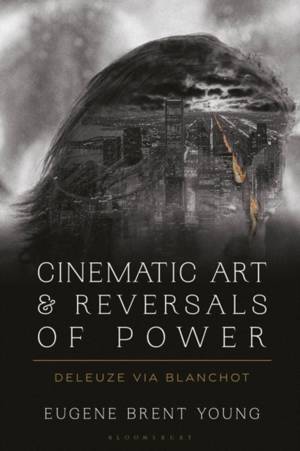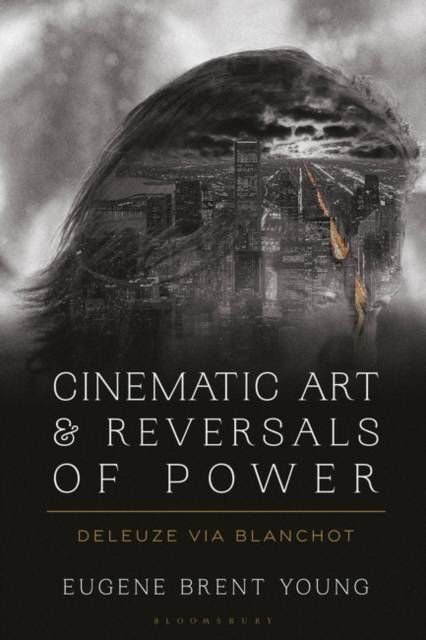
Je cadeautjes zeker op tijd in huis hebben voor de feestdagen? Kom langs in onze winkels en vind het perfecte geschenk!
- Afhalen na 1 uur in een winkel met voorraad
- Gratis thuislevering in België vanaf € 30
- Ruim aanbod met 7 miljoen producten
Je cadeautjes zeker op tijd in huis hebben voor de feestdagen? Kom langs in onze winkels en vind het perfecte geschenk!
- Afhalen na 1 uur in een winkel met voorraad
- Gratis thuislevering in België vanaf € 30
- Ruim aanbod met 7 miljoen producten
Zoeken
€ 67,95
+ 135 punten
Uitvoering
Omschrijving
Bringing together Deleuze, Blanchot, and Foucault, this book provides a detailed and original exploration of the ideas that influenced Deleuze's thought leading up to and throughout his cinema volumes and, as a result, proposes a new definition of art.
Examining Blanchot's suggestion that art and dream are "outside" of power, as imagination has neither reality nor truth, and Foucault's theory that power forms knowledge by valuing life, Eugene Brent Young relates these to both Deleuze's philosophy of time and his work with Guattari on art. In doing so, he uses case studies from literature and popular film, including Kafka's Castle, Villeneuve's Arrival, and Kubrick's Eyes Wide Shut.
Providing important new insights for those working in literary and cinematic studies, this book advances a new definition of art as that which reverses the realities and truths of power to express obscure ideas and values beyond both our exterior and interior worlds.
Examining Blanchot's suggestion that art and dream are "outside" of power, as imagination has neither reality nor truth, and Foucault's theory that power forms knowledge by valuing life, Eugene Brent Young relates these to both Deleuze's philosophy of time and his work with Guattari on art. In doing so, he uses case studies from literature and popular film, including Kafka's Castle, Villeneuve's Arrival, and Kubrick's Eyes Wide Shut.
Providing important new insights for those working in literary and cinematic studies, this book advances a new definition of art as that which reverses the realities and truths of power to express obscure ideas and values beyond both our exterior and interior worlds.
Specificaties
Betrokkenen
- Auteur(s):
- Uitgeverij:
Inhoud
- Aantal bladzijden:
- 344
- Taal:
- Engels
Eigenschappen
- Productcode (EAN):
- 9781350272408
- Verschijningsdatum:
- 24/08/2023
- Uitvoering:
- Paperback
- Formaat:
- Trade paperback (VS)
- Afmetingen:
- 156 mm x 234 mm
- Gewicht:
- 485 g

Alleen bij Standaard Boekhandel
+ 135 punten op je klantenkaart van Standaard Boekhandel
Beoordelingen
We publiceren alleen reviews die voldoen aan de voorwaarden voor reviews. Bekijk onze voorwaarden voor reviews.









